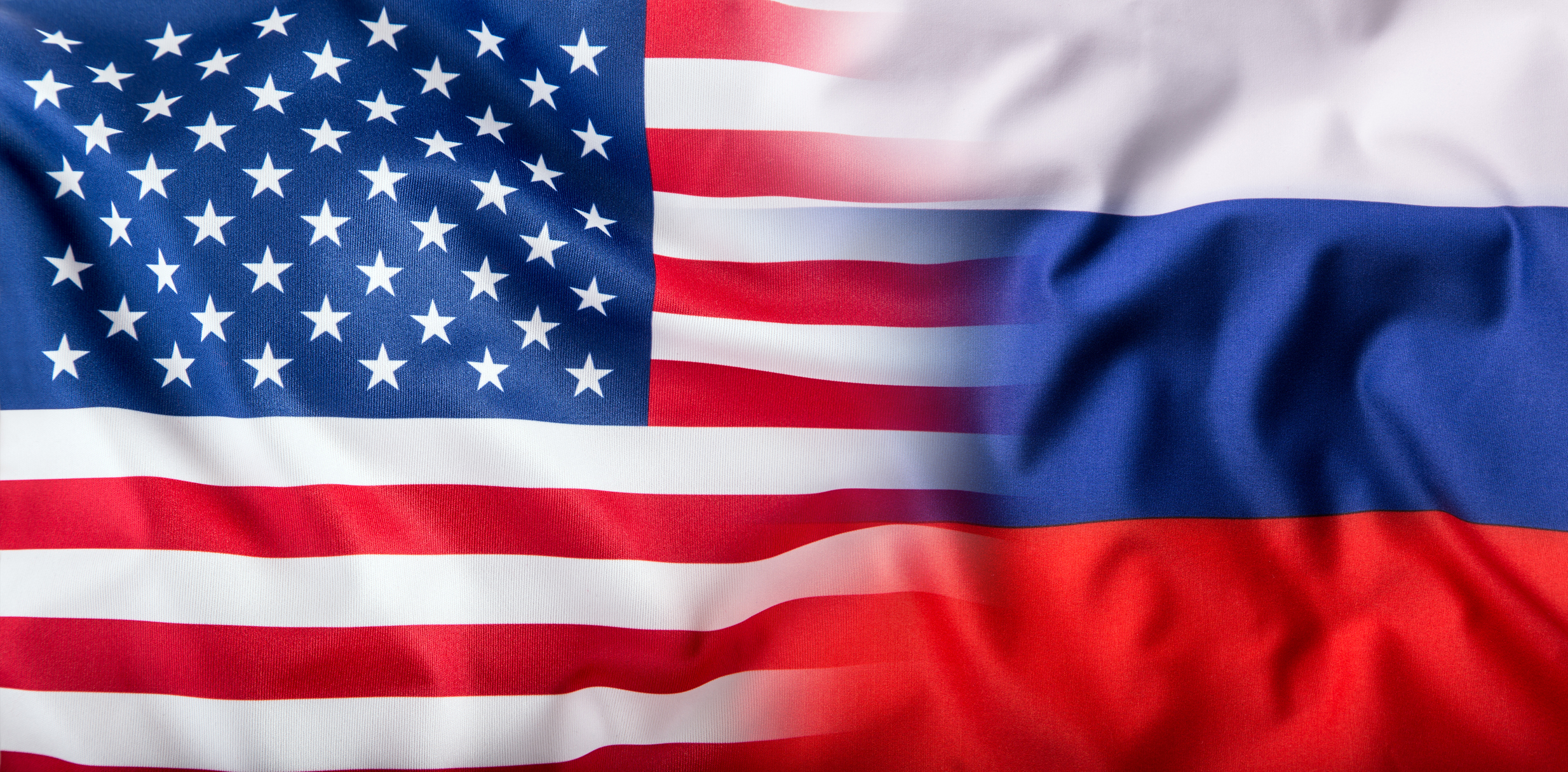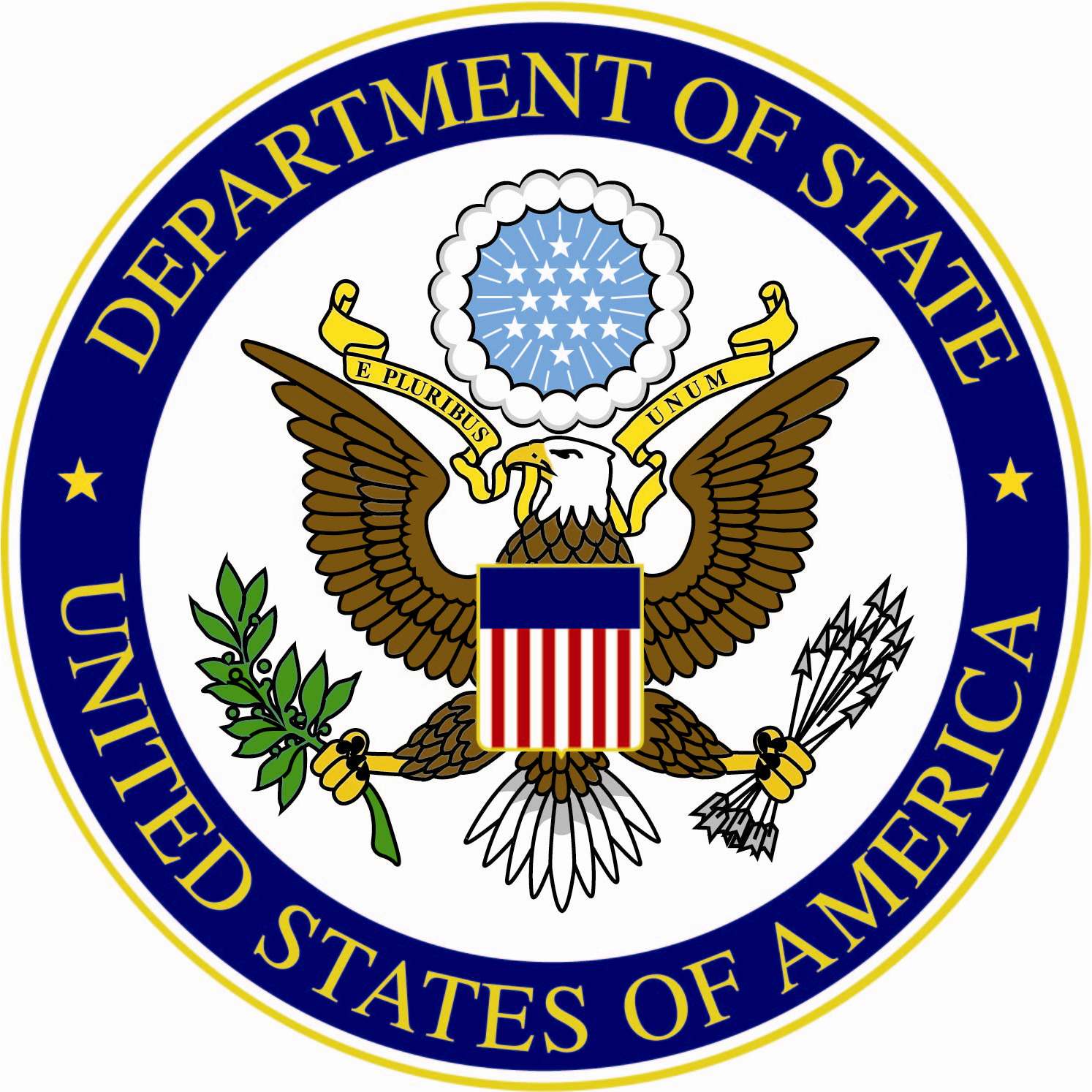Background:
Lieutenant General H. R. McMaster, President Trump’s second National Security Advisor, has been replaced by the former American ambassador to the UN, John Bolton.
What has happened:
- Amid speculation of a contentious relationship with the President, LT. Gen H.R. McMaster has been let go.
- John Bolton, who was a recess appointment to the UN under President George W. Bush, was unable to secure a Senate confirmation and resigned from the post 17 months after his appointment.
- On a day that included confirmed tariffs against China and the ousting of another significant advisor at the White House, markets reacted to the instability.
Why it matters:
- Although reports have circulated that LT Gen McMaster has requested to retire from the Army and depart public service, it is not final. There is speculation he could be nominated to command US Forces Korea.
- John Bolton is a known foreign policy hawk; Bolton strongly supported the Iraq war and argues for a preemptive strike against North Korea and Iran. Bolton’s stance on foreign policy is likely to be inflexible.
- John Bolton and new Secretary of State Mike Pompeo are similar in their views on national security and foreign policy; their appointments give rise to the concern that there will be no contrarian voice in the room as policy develops and tensions around the globe escalate.
“HR McMaster shepherded the United States through a challenging year of major national security threats. A team player, McMaster worked closely with Ambassador Haley and President Trump to bring the North Koreans to the negotiating table. Now, the President appears to be consolidating a hard-line team heading into the North Korean negotiations. One risk with Ambassador Bolton is that he is closely tied to the neocons who led us into the Iraq war. President Trump campaigned against and disagreed with that conflict and Trump will need to privately keep Bolton’s hawkish views in check while publicly using them as a tool for negotiations with North Korea.”
Brigadier General Tata
Market Impact:
The news out of the White House this week might finally show some movement in the market. It appears that President Trump is positioning his team to follow through with some of his more extreme policy stances both on foreign policy and national security. These appointments may also indicate a willingness to ‘draw a line in the sand’ on trade and stick to it – even if it has negative impacts on the stock market. Markets are finally realizing that protecting intellectual property rights and ‘unfair’ trade practices are not just a talking point or a negotiating point – but something this administration believes in strongly. The implications for the Treasury market are less clear – as we must balance the ‘flight to safety’ response with the concern that tariffs are inflationary and China still holds over $1 trillion of our debt.
Peter Tchir, Head of Macro Strategy at Academy Securities
Original Post 03/24/2018





 “Initial reaction to the President’s announcement was Treasury yields, and the Dollar went lower as we saw a very brief ‘flight to quality’ trade. For the most part, markets seem to be ignoring the cabinet change. This reaction is compatible with Rex Tillerson’s less visible role in recent months. “
“Initial reaction to the President’s announcement was Treasury yields, and the Dollar went lower as we saw a very brief ‘flight to quality’ trade. For the most part, markets seem to be ignoring the cabinet change. This reaction is compatible with Rex Tillerson’s less visible role in recent months. “ “The Trump Administration’s deliberate and forceful application of the elements of national power–Diplomatic, Informational, Military, and Economic–have created the conditions for negotiations. Similarly, this “buying of time” has allowed for enhanced U.S. military preparedness in the region. Whether Kim Jong Un is sincere about negotiating and eliminating his nuclear weapons program remains to be seen, but the outlook for long-term solutions on the Korean Peninsula is more promising than it has been in years.”
“The Trump Administration’s deliberate and forceful application of the elements of national power–Diplomatic, Informational, Military, and Economic–have created the conditions for negotiations. Similarly, this “buying of time” has allowed for enhanced U.S. military preparedness in the region. Whether Kim Jong Un is sincere about negotiating and eliminating his nuclear weapons program remains to be seen, but the outlook for long-term solutions on the Korean Peninsula is more promising than it has been in years.”